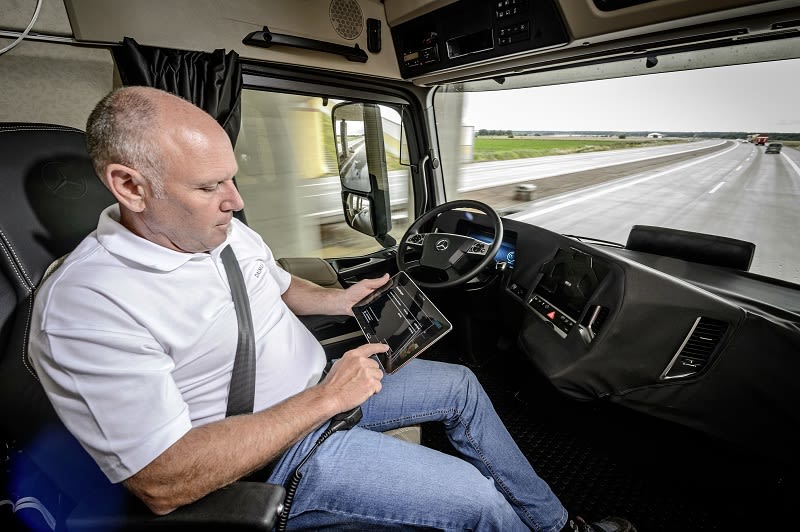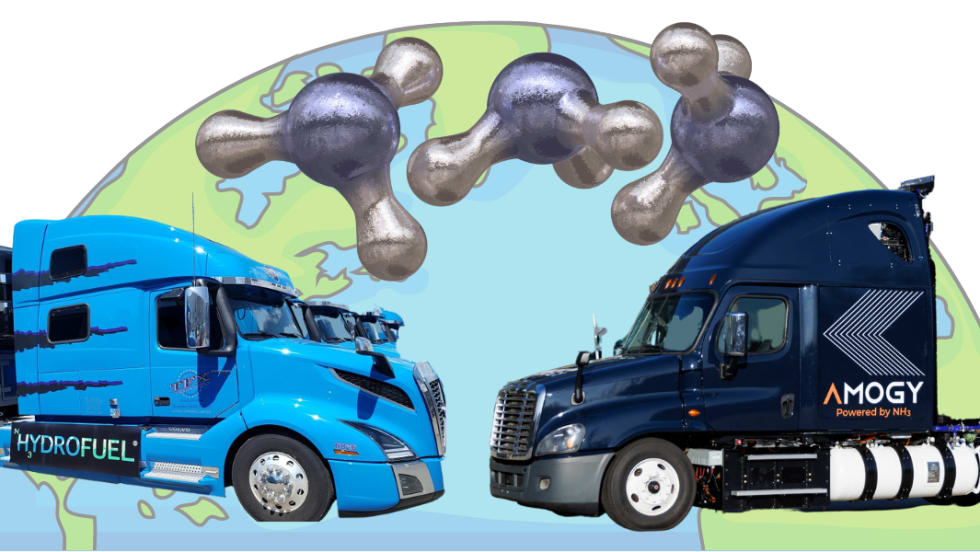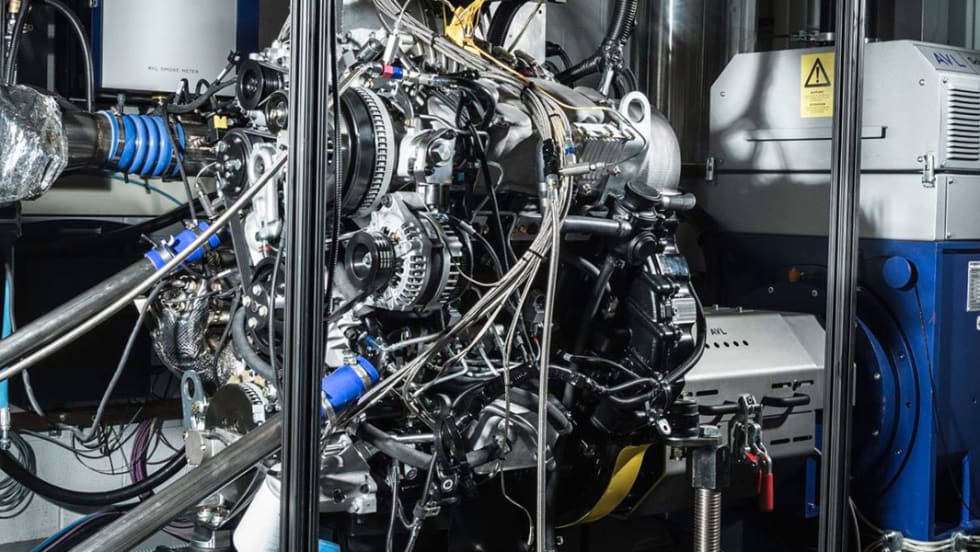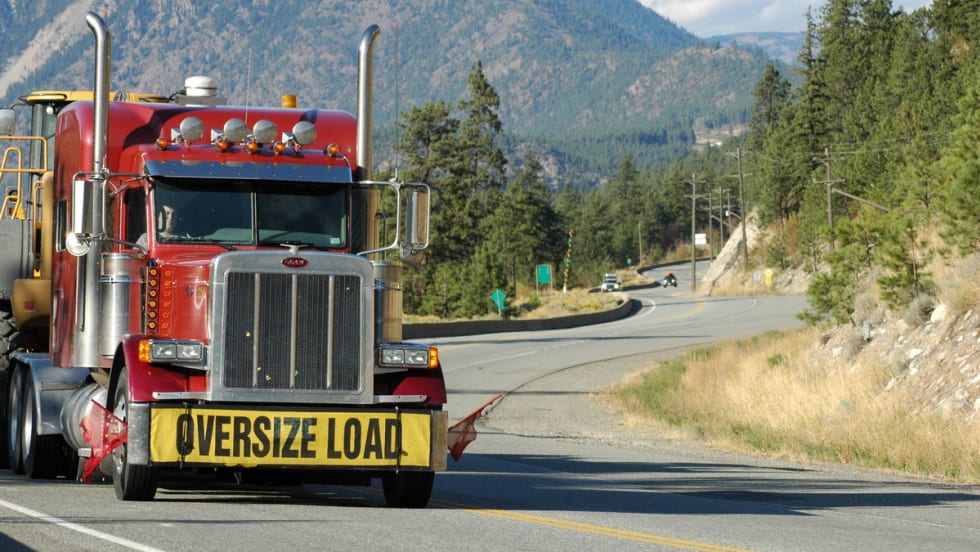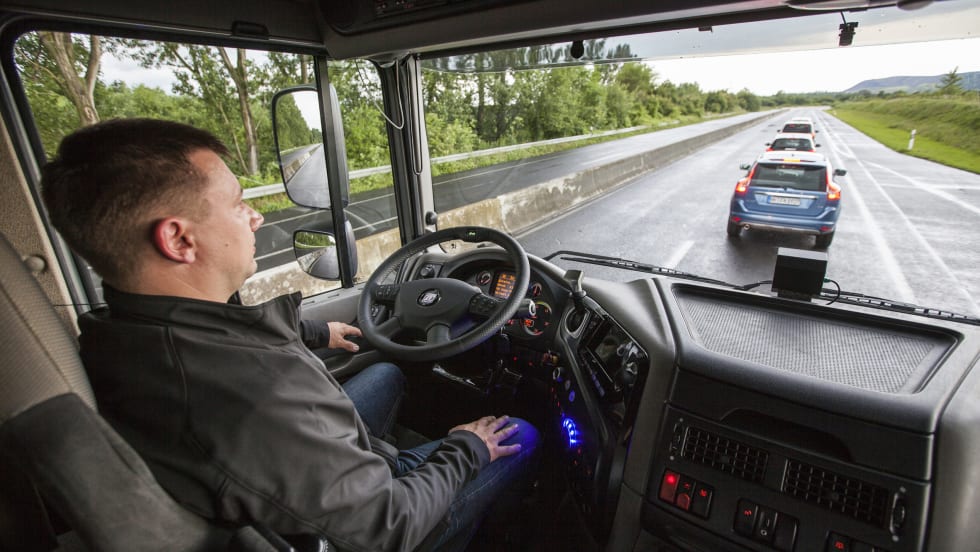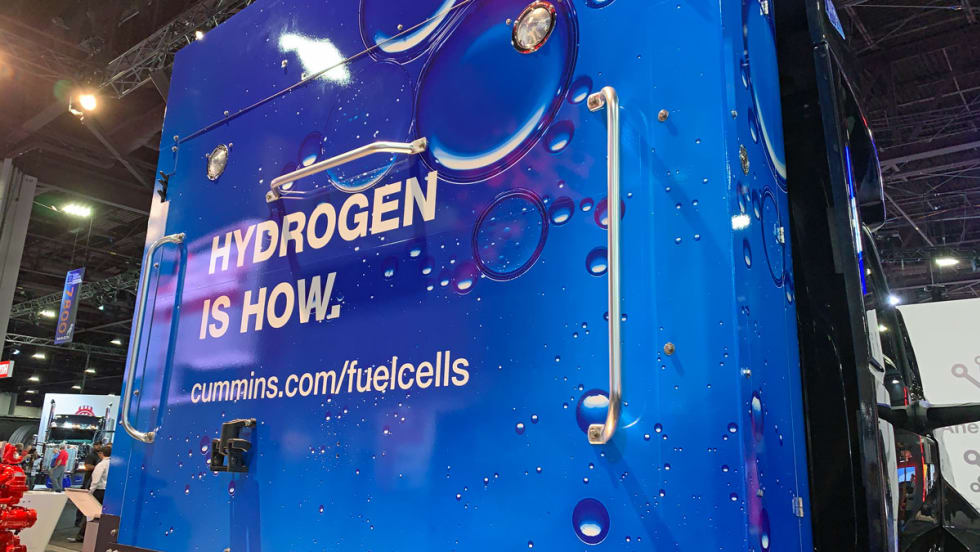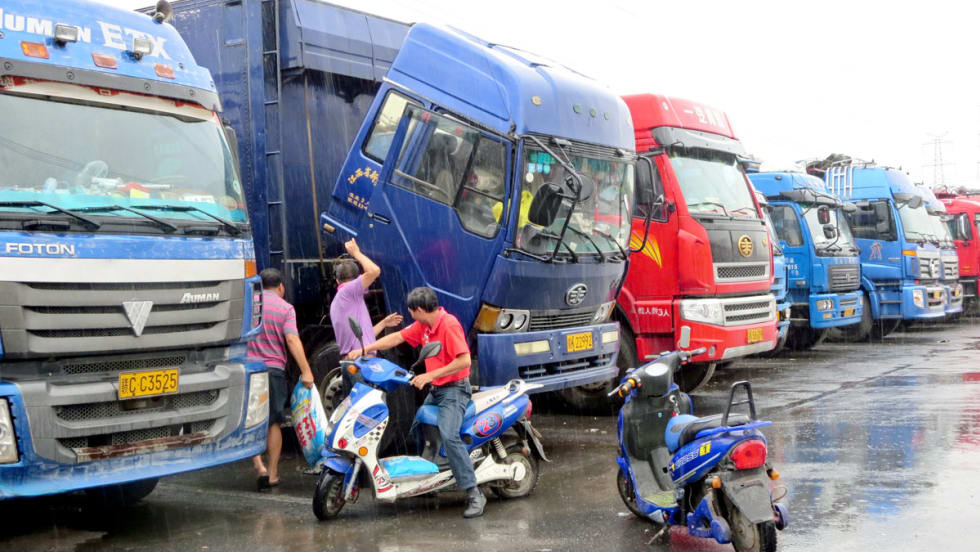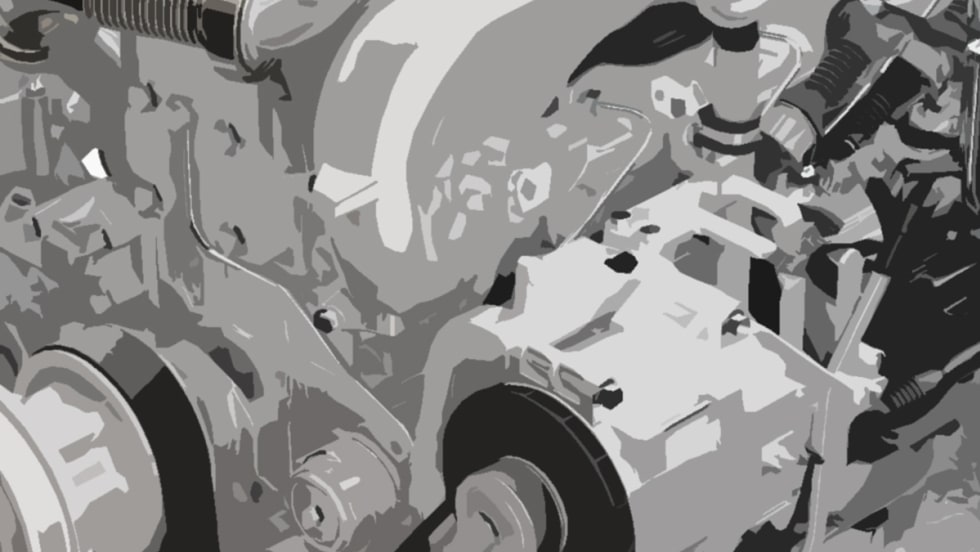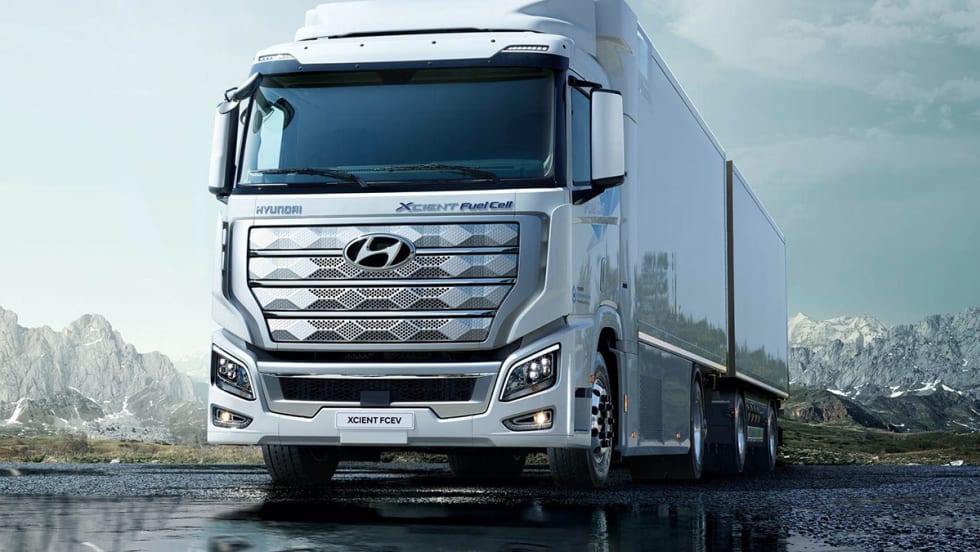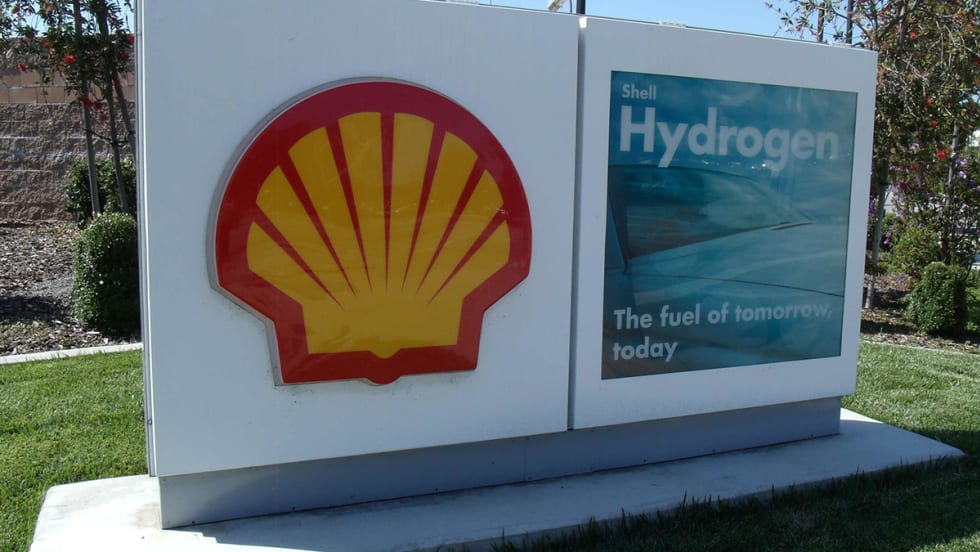What led us to 2019? What’s been the biggest change in trucking over the years?
I've got my own ideas, but I wanted to hear what others thought. So very informally, I canvassed a few friends from across the country, drivers who've been there and done that. They’re old-school, these guys, so I didn’t expect them to talk about things like advanced braking systems and stability control. Certainly not autonomous trucks, which kinda make them laugh. In fact, guys like this don’t trust gizmology of almost any sort.
One wag I spoke to about changes said, “Detroit Diesel goes four-stroke.” I laughed. You can tell he's been around a few corners.
Another stuck with the hardware. “No question about it,” he said, “that would be engines and emissions standards.”
A third guy, also a veteran of the highway wars, gave a strong vote to satellite tracking. “Just looking at this tool from a utilization factor it's a huge plus,” he said, “never mind safety or customer service.”
One of my best buds, a master driver who started out hauling logs and now pulls fuel tankers, is a free thinker who is better read than almost anyone I know. He was typically philosophical, citing the advance of technology in general as the biggest change, but with no joy in his voice.
“All this electronic computerized gadgetry is intended to compensate for, or replace altogether, each driver's individual skill set and mechanical aptitude, which used to be the most fundamental prerequisite for the job,” he said. “Technology is most often implemented under the guise of the new and improved due-diligence-inspired mantra of safety, but at a certain point, too much safety becomes critically dangerous.
“Every advance in technology removes the driver another notch farther away from being able to become one with his machine,” he went on. “In other words, the entire industry... is trying to turn us all into steering-wheel holders instead of real truck drivers.”
Out on the left coast, yet another of the friends I consulted, also a strong thinker with a ton of gray matter, spoke of something quite different. Not technology at all. He called it "depersonalization,” saying that the folks who hang onto our long-haul steering wheels these days may have cell phones and satcomm and e-mail and Lord knows what else to keep them in touch with family and dispatch, but they're more alone than ever, because they don’t know anybody out on the road. Not the way they used to.
Many truck stops used to be mom-and-pop places where drivers gathered to relax and chew the fat, my veteran friend said, modest joints still replete with potbelly stoves even into the 1980s. Not to mention wholesome food and the pleasure of friendly banter. And in remote spots like up the Alaska Highway, those truck stops were sometimes just family kitchens where a pot of coffee was always being brewed in a trucker-friendly household.
I don't know exactly when the base culture of trucking began to change. When drivers stopped waving to each other on the road. When anonymity replaced camaraderie. When civility died.
And I guess that’s been the biggest change of all.




